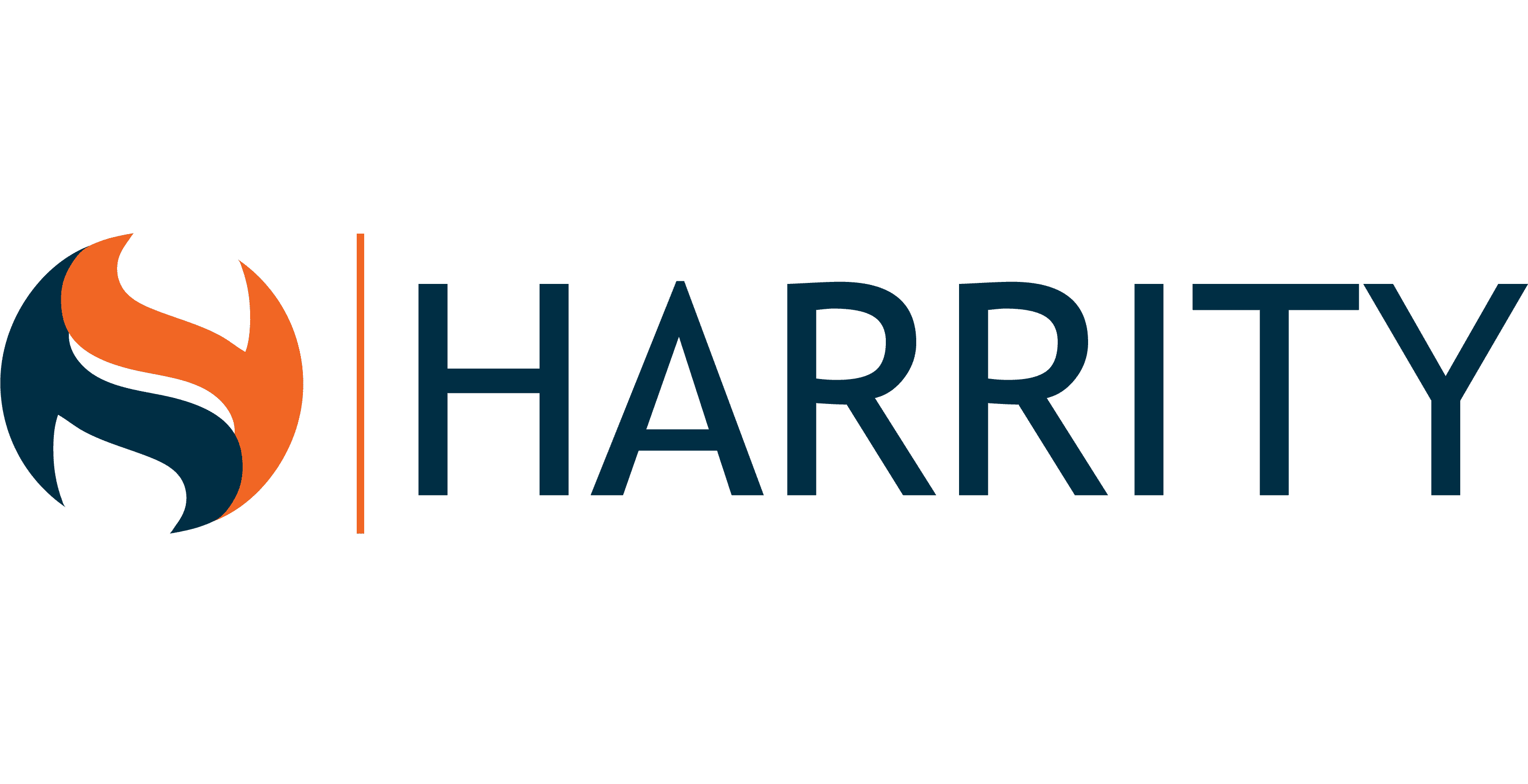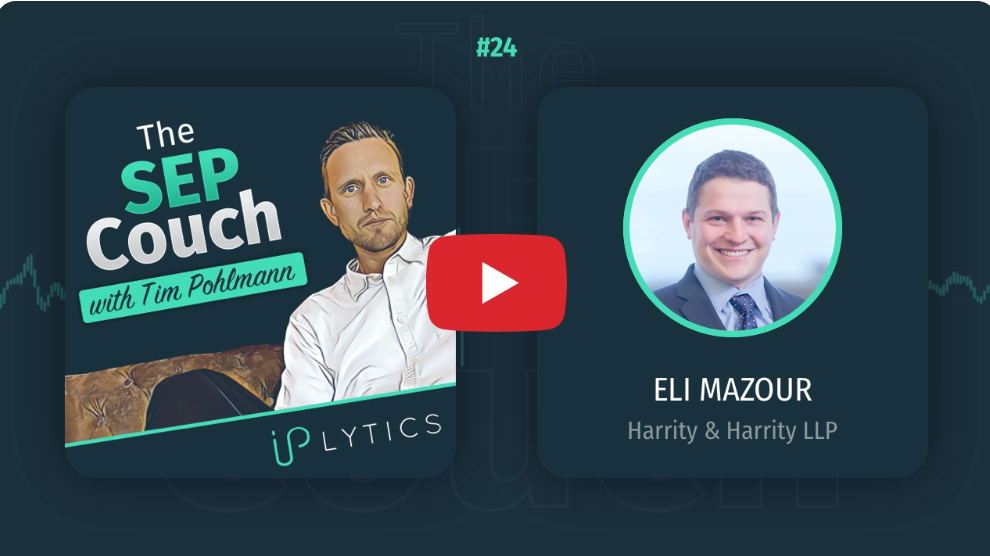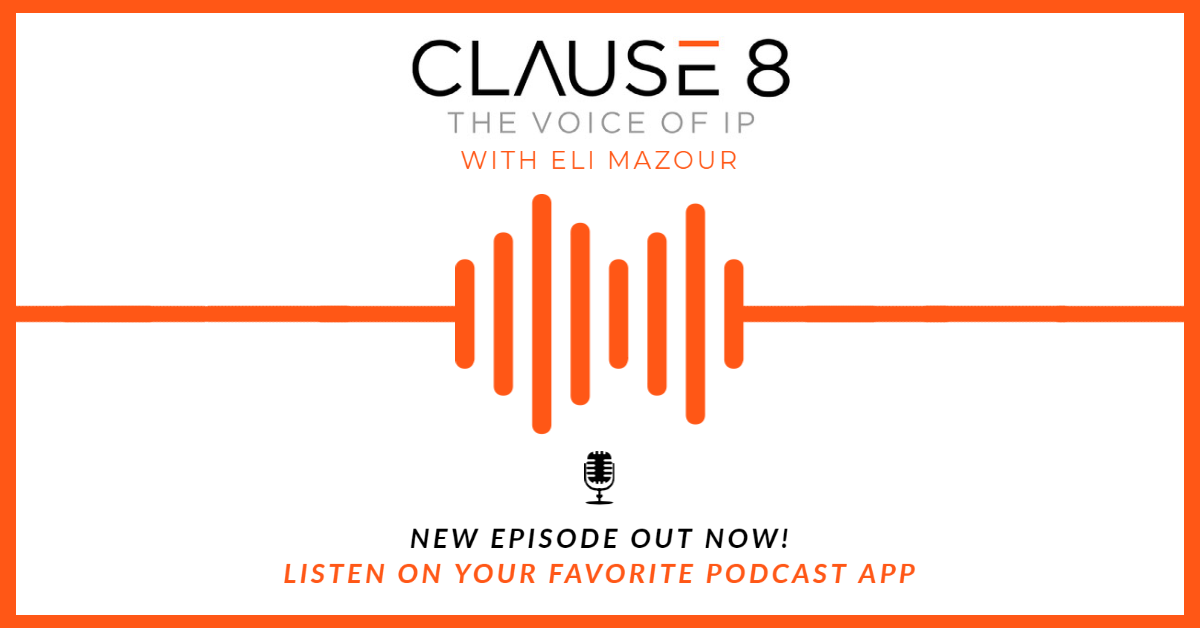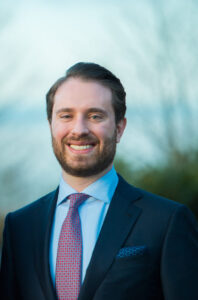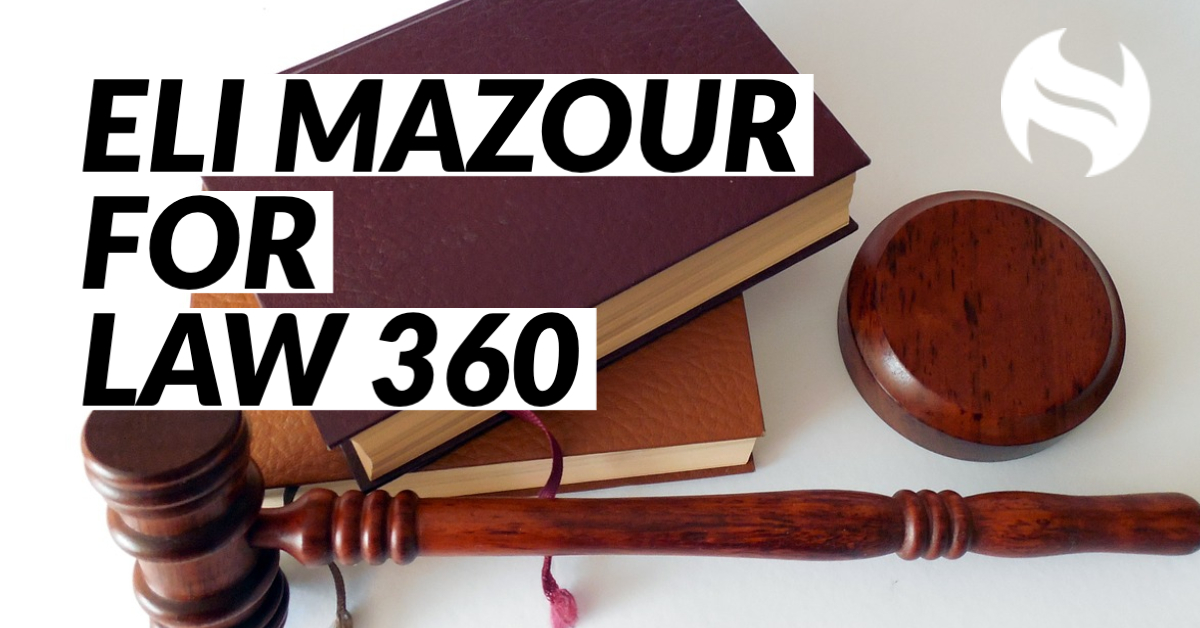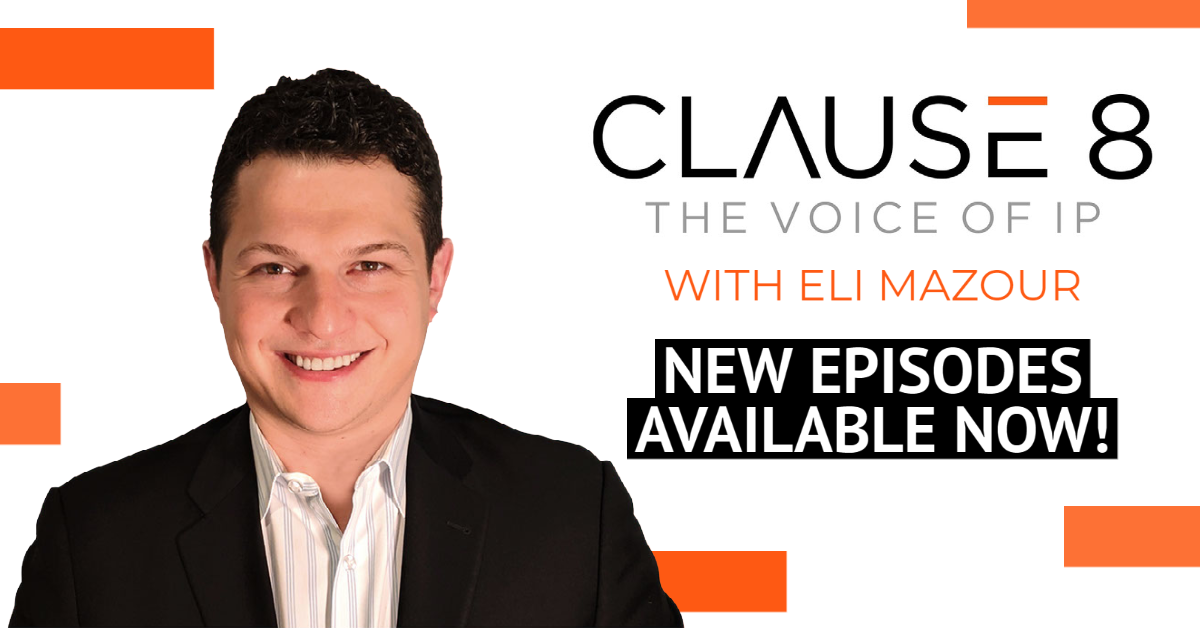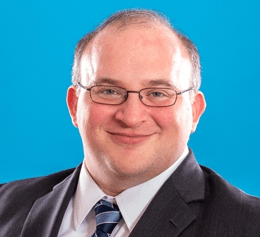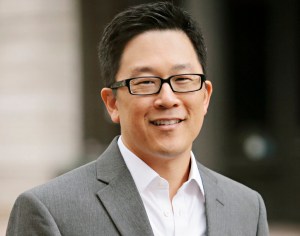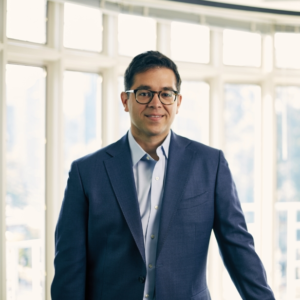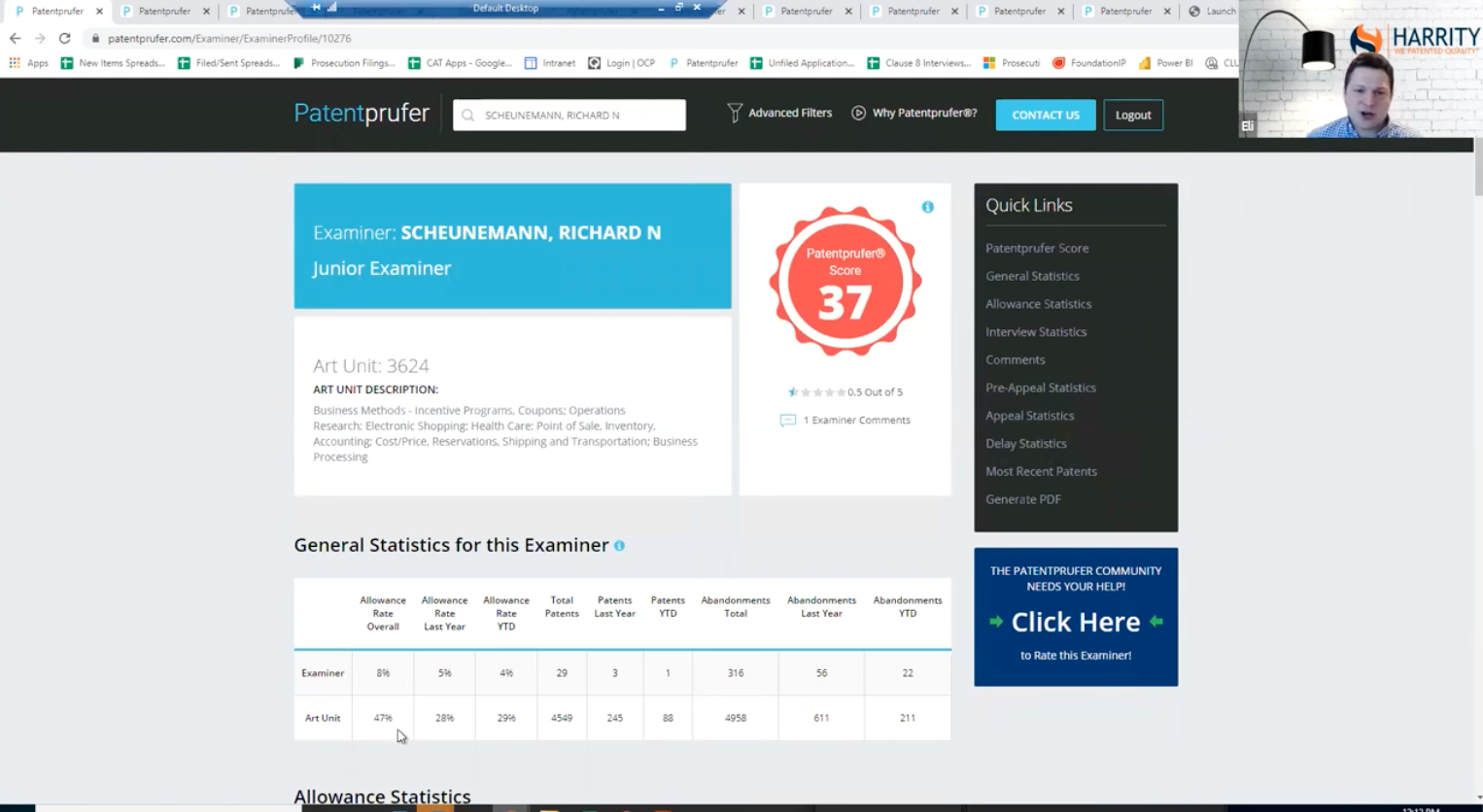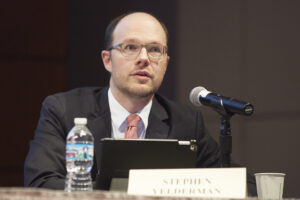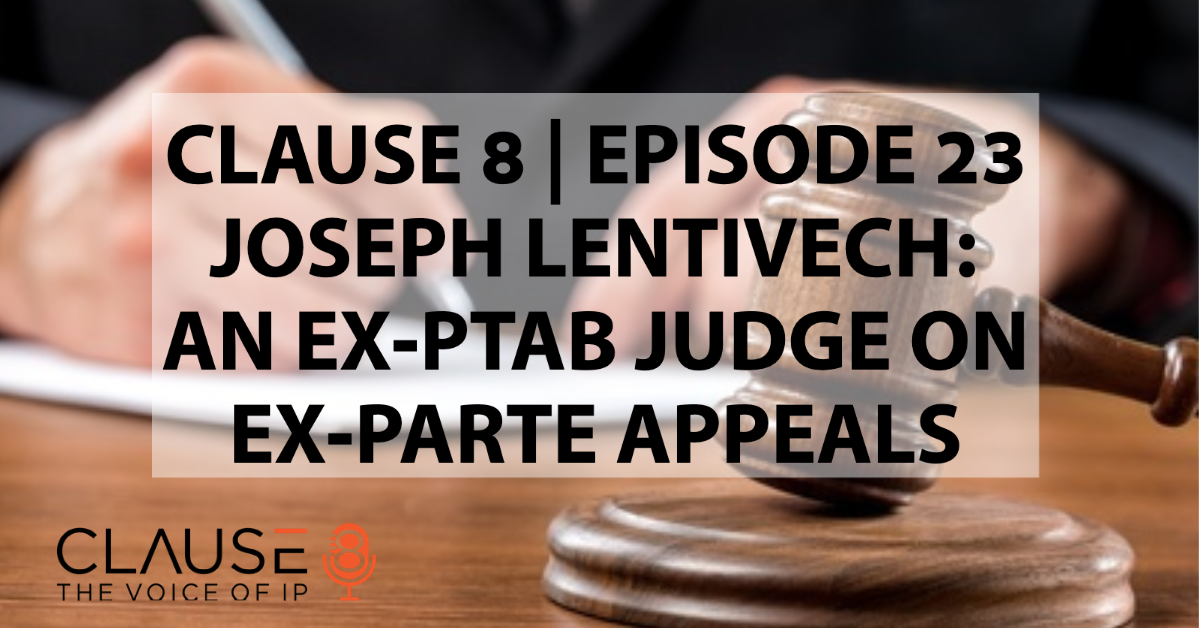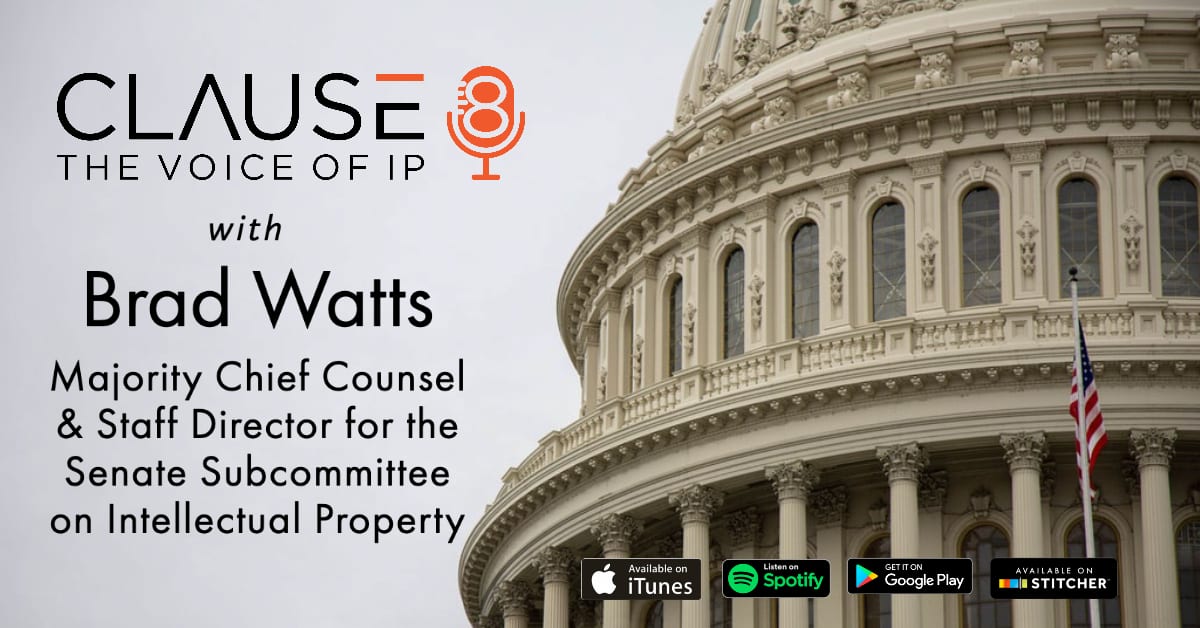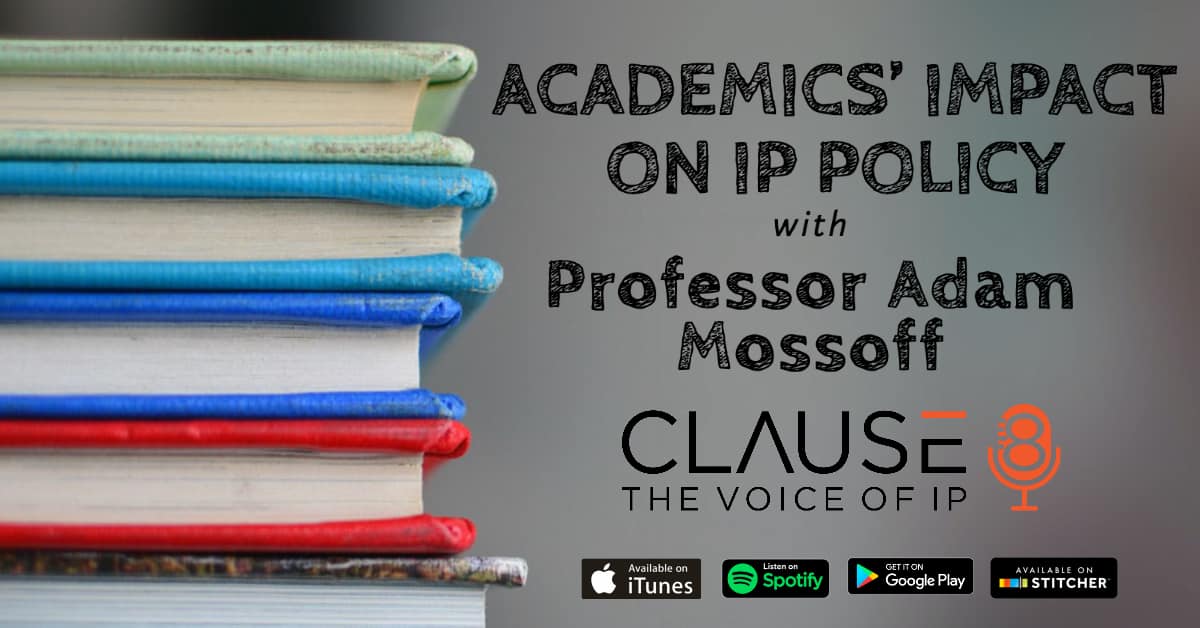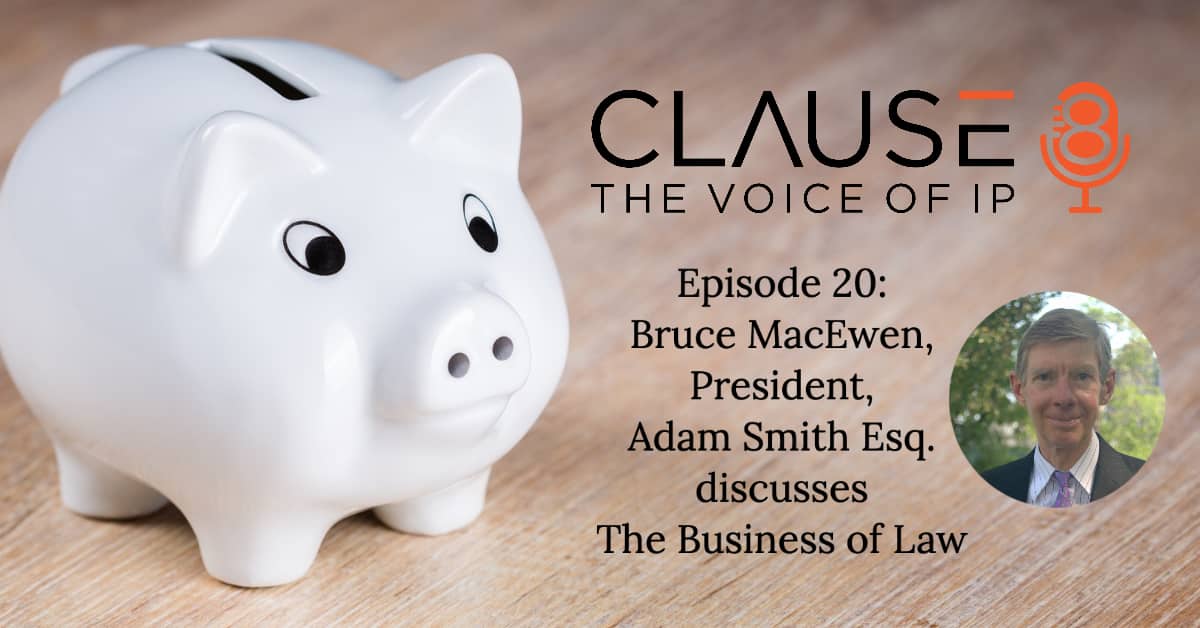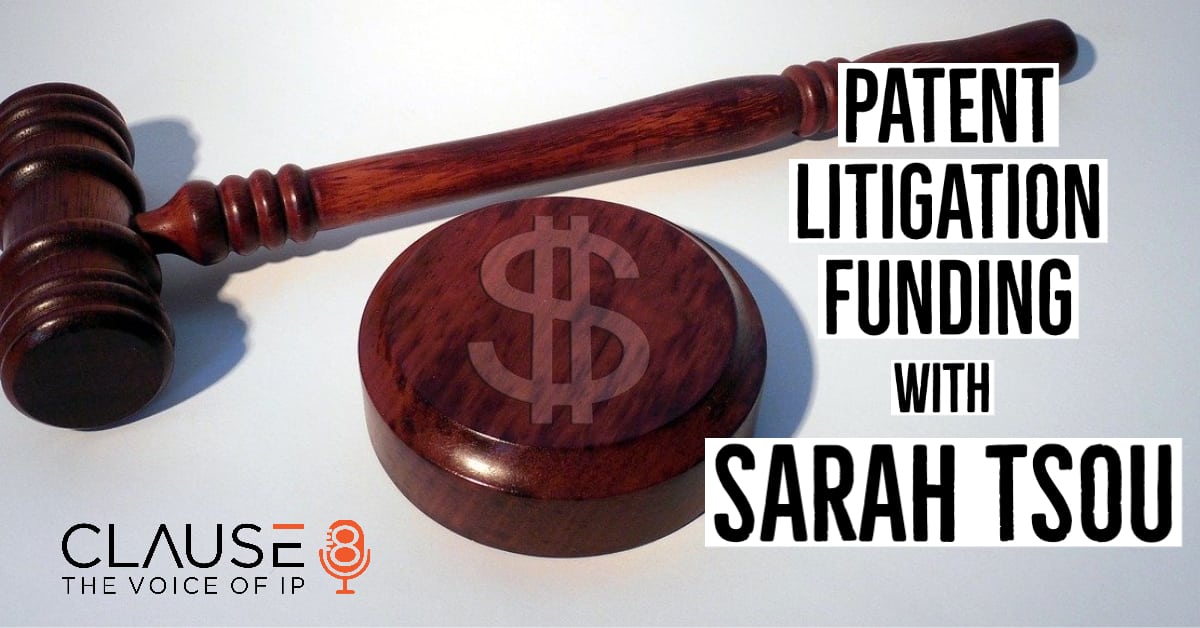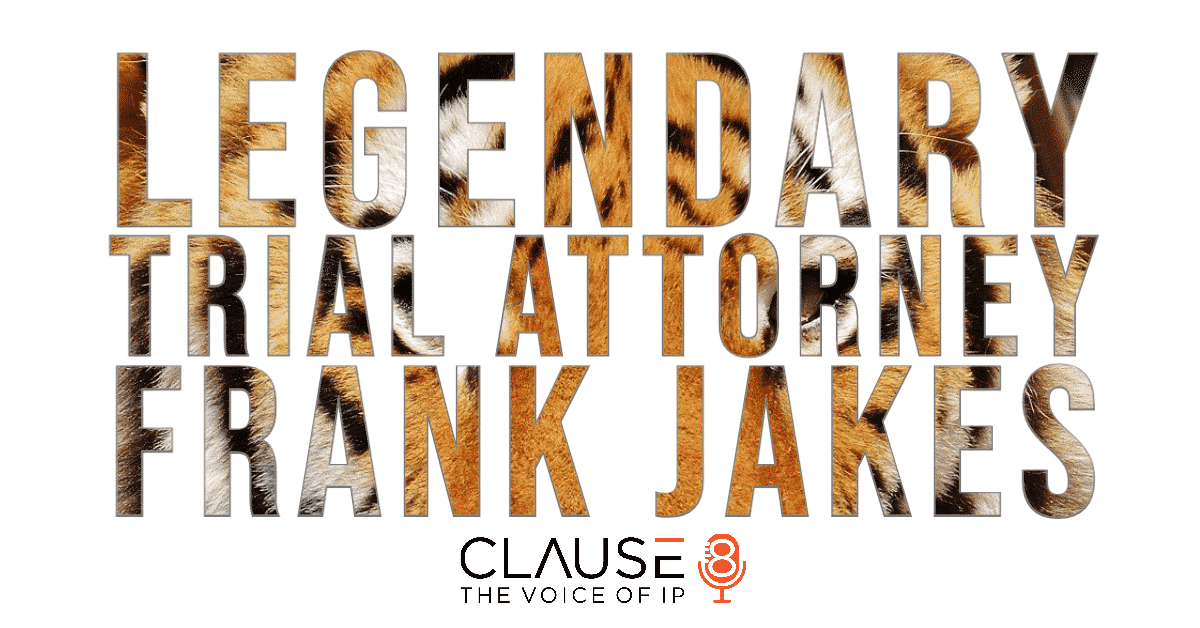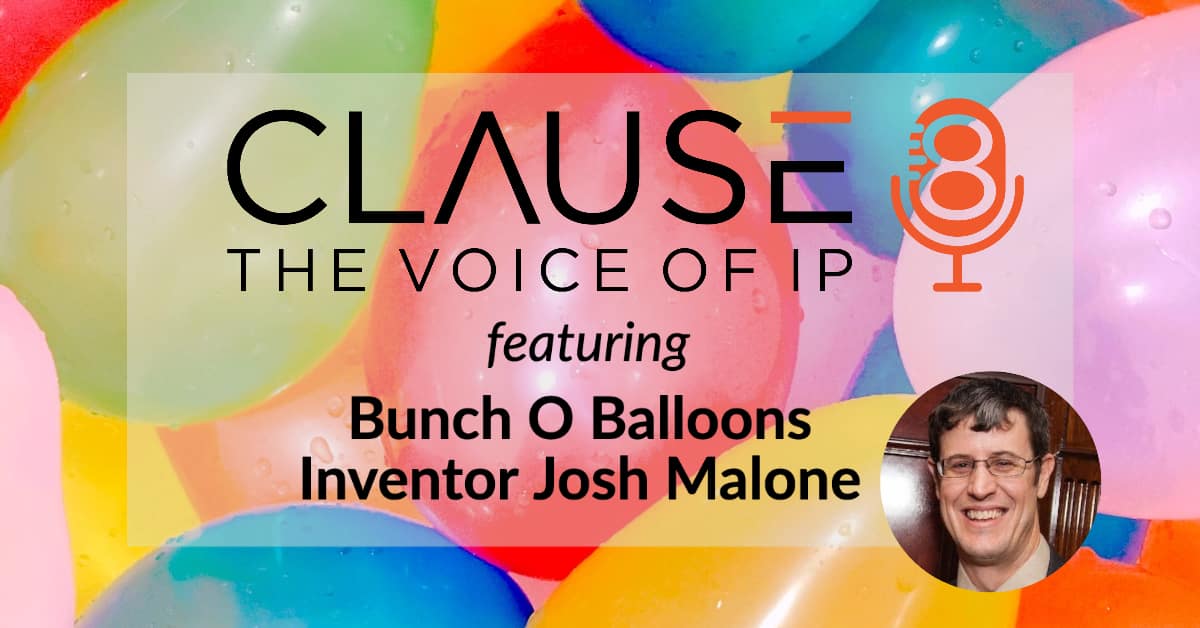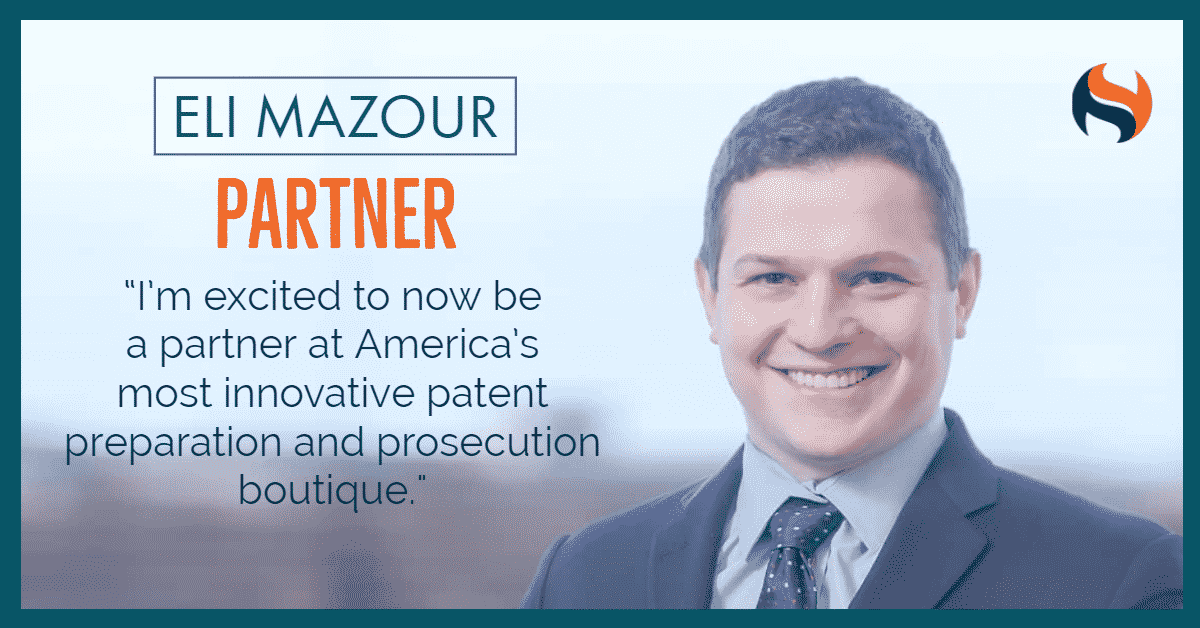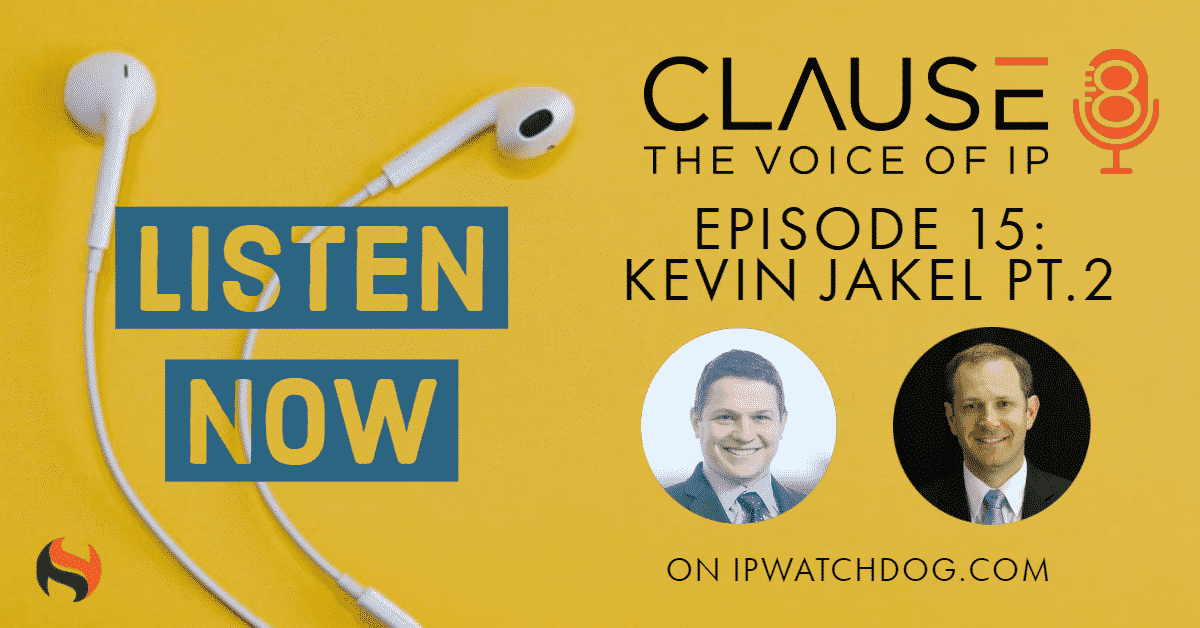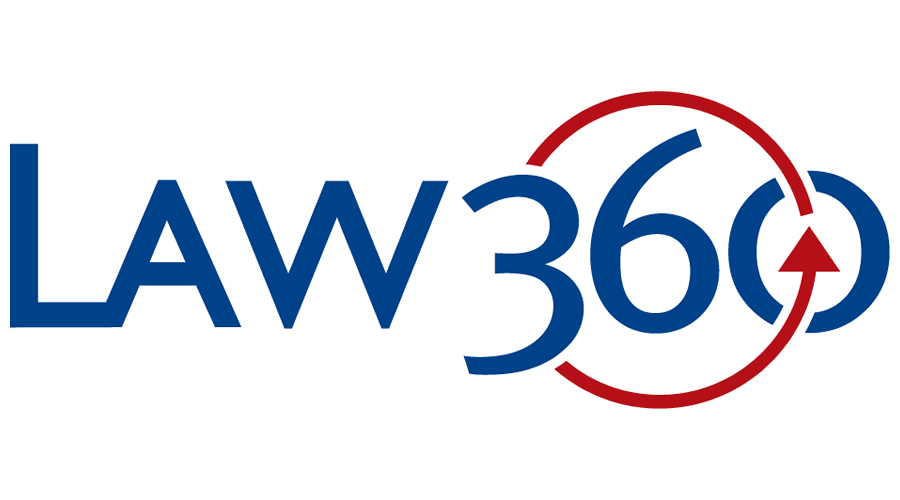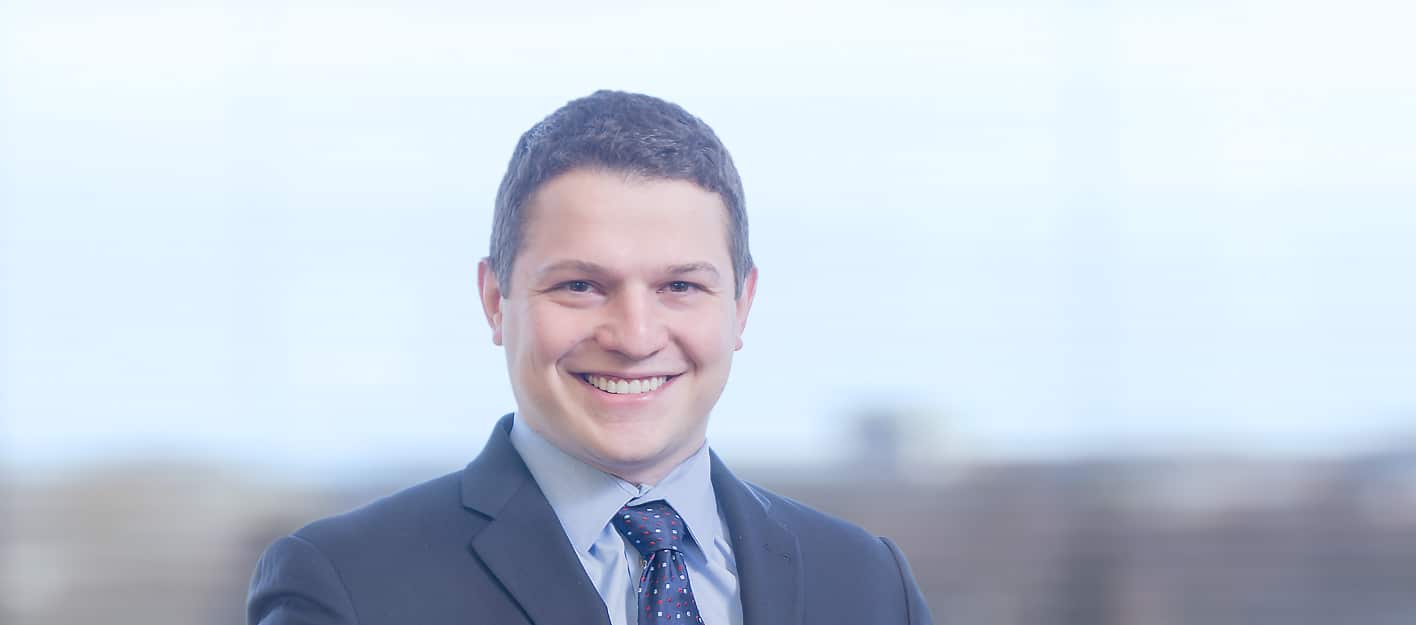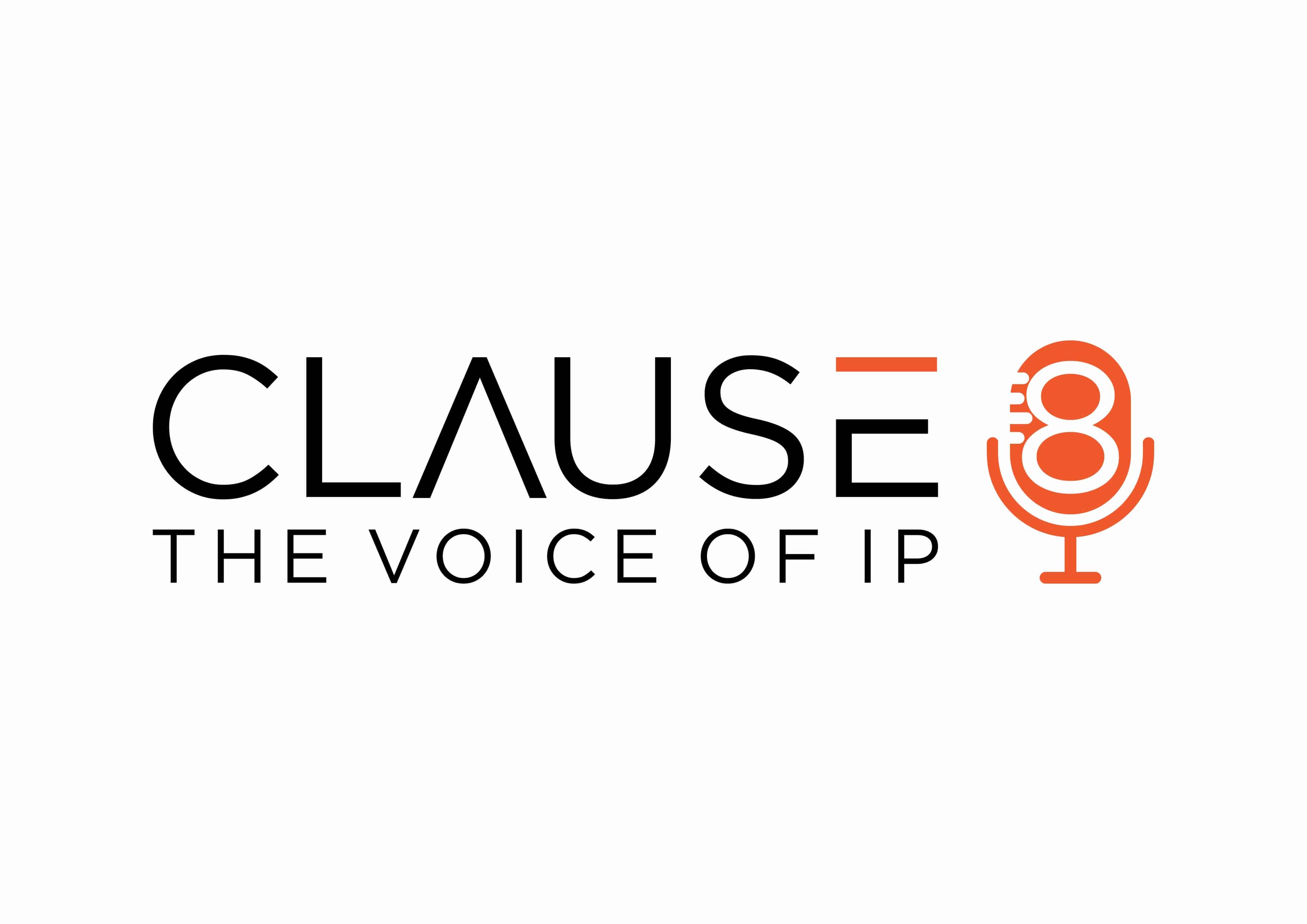Eli Mazour on The Art of SEP Claim Drafting: SEP Couch Podcast
In a recent episode of the SEP Couch Podcast, Eli Mazour, Partner at Harrity and head of our Prosecution Team, shared his insights on the complex world of Standard Essential Patents (SEPs). The conversation revolved around the intricacies of patent drafting, the unique nature of SEPs, and the challenges faced by innovators in the current patent landscape.
In the episode, Eli emphasized the importance of understanding the complexity of SEPs. He explained that SEPs are not just about the technology they cover, but also about how they map to the standards. This mapping is a complex process that critics often overlook.
The conversation also touched on the increasing volume of SEPs due to the complexity and size of modern technologies like 5G. Eli noted that there’s more SEP activity because there are more inventions happening. He also highlighted the trend of implementers trying to obtain more SEPs, with companies like Apple and Google building up 5G teams.
Also discussed are the threats posed by third parties challenging patents, a practice made possible by the American Invents Act. He expressed concern about the impact on independent inventors, as it makes it harder to enforce patents. He also questioned the value of these third party challenges, suggesting that it increases transaction costs and diverts resources from innovation.
The podcast also delved into the proposed European Commission regulation to set up a register for SEPs. Eli expressed skepticism about the feasibility and effectiveness of such a register, given the complexity of determining essentiality and the potential for data manipulation.
In his advice to in-house counsel and outside counsel, Eli stressed the importance of not getting stuck in “zombie mode” and continuing to obtain patents in the same way as in the past. Instead, he urged them to think about the best way to build a patent portfolio with valuable patents in a cost-effective manner, in line with where technology and patent law are heading.
The podcast provides a deep dive into the world of SEPs, highlighting the complexities and challenges involved. It underscored the need for a nuanced understanding of SEPs and a strategic approach to patent portfolio building in the face of evolving technology and legal landscapes.
Listen to Eli’s full episode on the SEP Couch Podcast with Tim Pohlmann below for a deeper understanding of SEPs and the evolving patent landscape:
Check out the SEP Couch Podcast HERE and subscribe on your favorite podcasting app!
